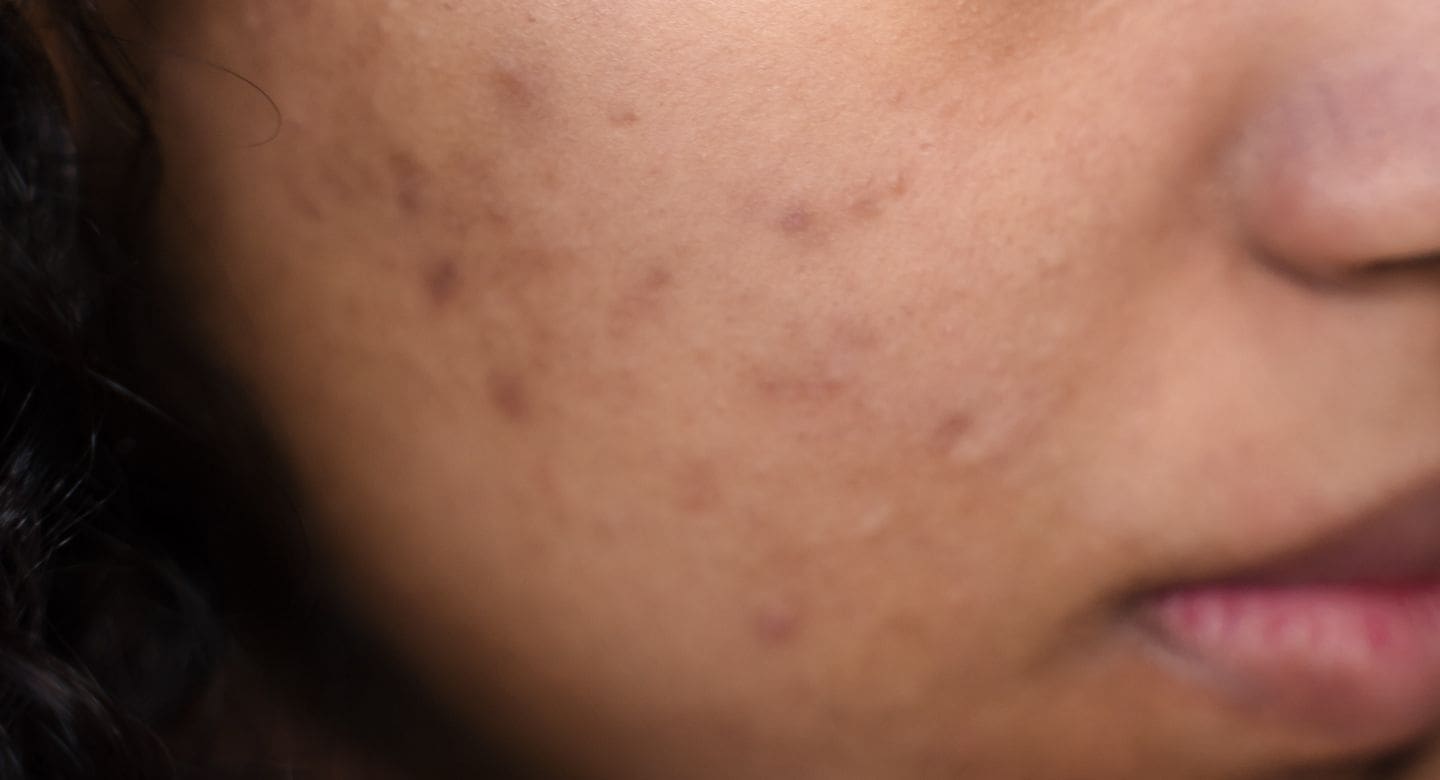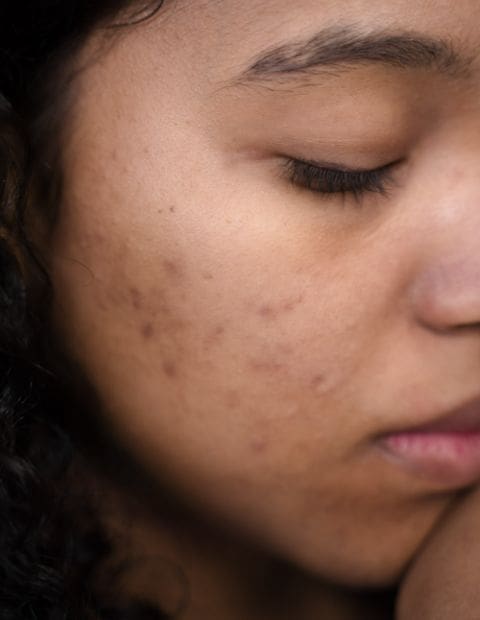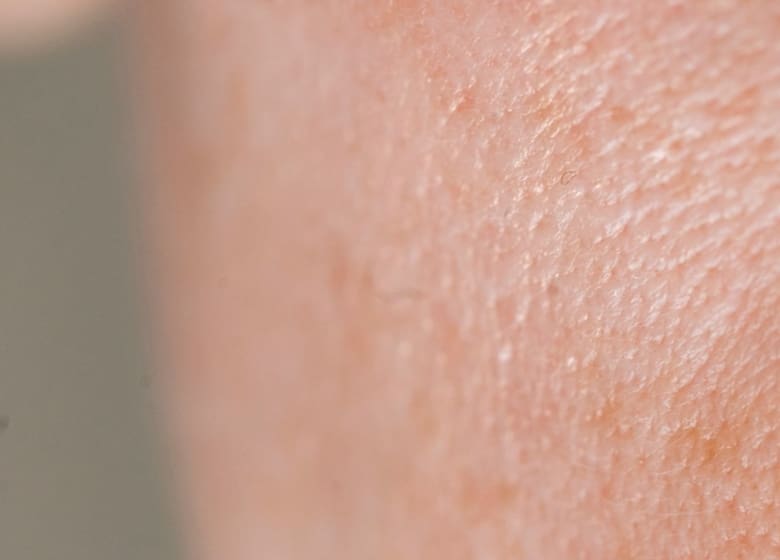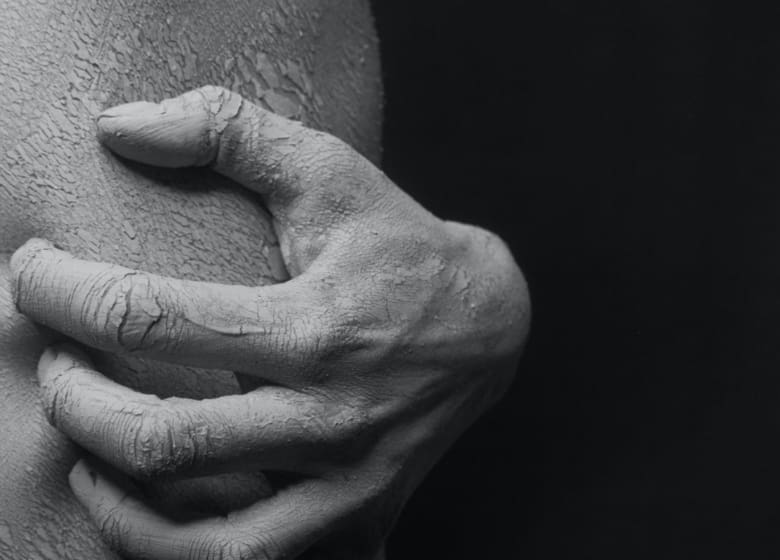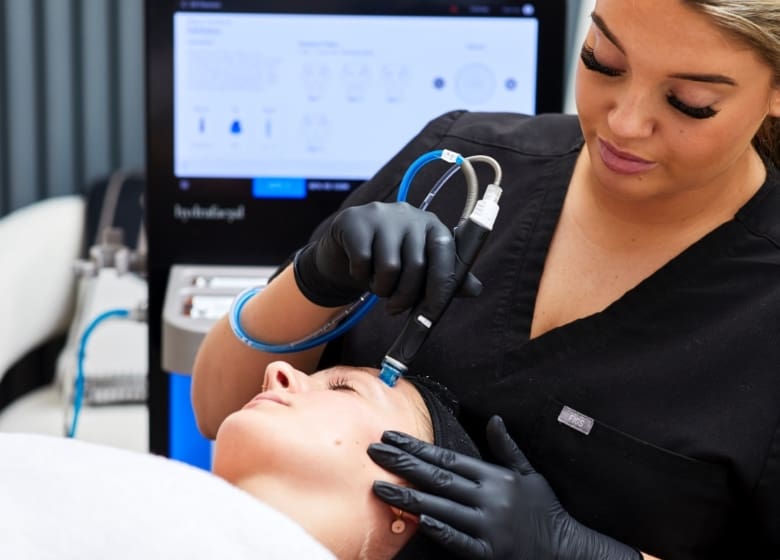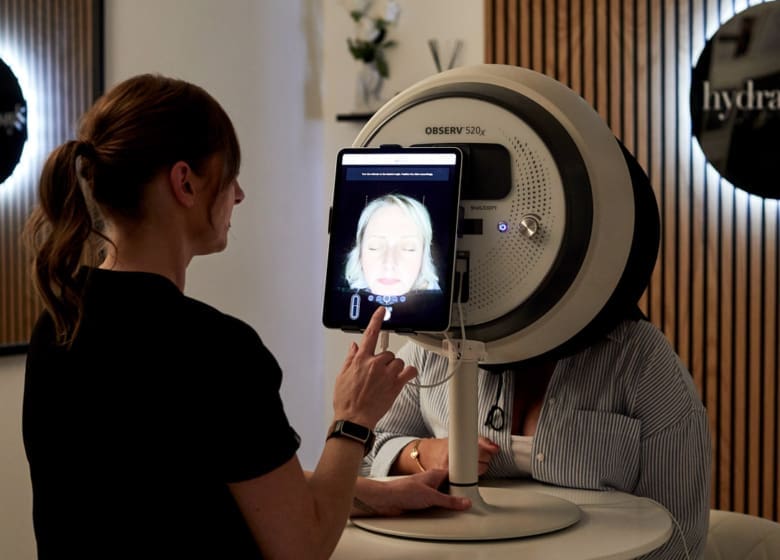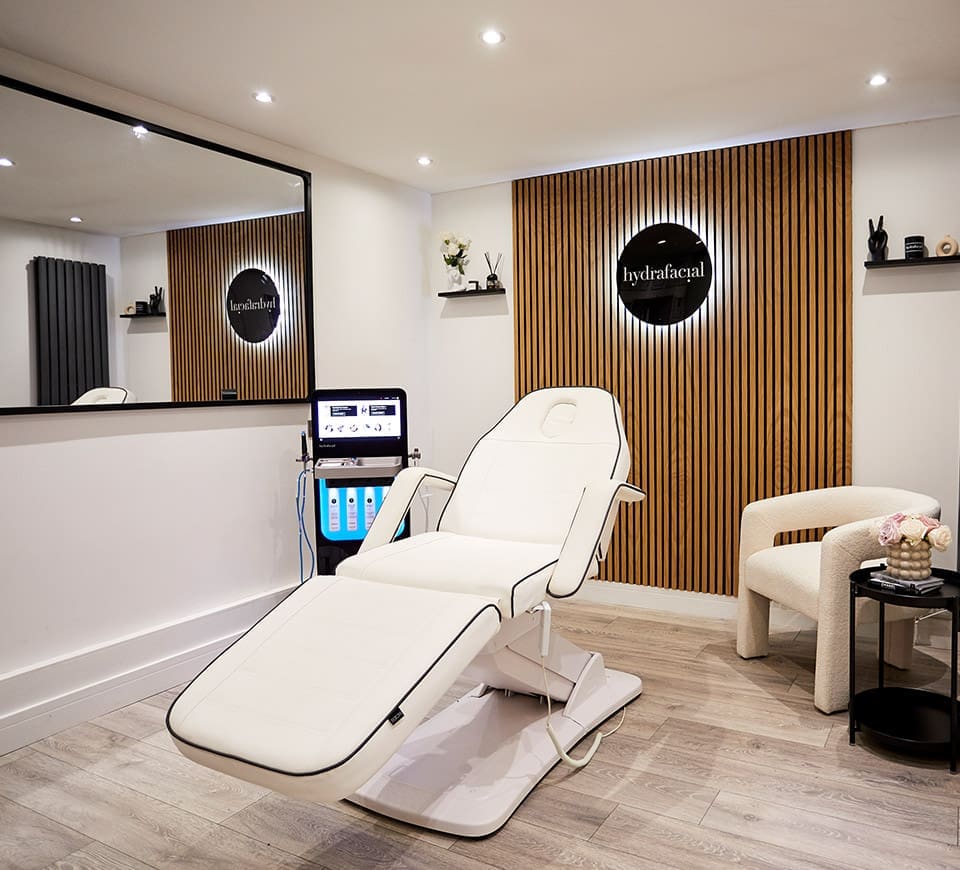One of the main factors that cause acne vulgaris is inflammation, which plays a significant role in its development. If left untreated, acne can lead to scarring. Acne scars are caused by an inflammatory response that damages the skin’s collagen fibres. With the breakdown of the extracellular matrix, inflammatory cells invade the hair follicle, causing keratin and sebum to exudate into the dermis and promoting the diffusion of inflammation. This can lead to the formation of permanent scar tissue, which can be difficult to treat.
Scarring is a common issue with acne, and it occurs when the skin’s natural healing process is disrupted due to excessive inflammation. It’s essential to note that while acne and its scars can be distressing, they can be treated. For acne, treatment options include topical creams or gels containing benzoyl peroxide and salicylic acid, as well as oral medications like antibiotics and isotretinoin.
For acne scars, there are several treatment options available. These include chemical peels, laser treatment, punch techniques, cosmetic filler, dermabrasion/microdermabrasion, microneedling and radiofrequency microneedling. It’s important to note that prevention is key when it comes to acne and scarring, so practising good skincare habits like washing your face regularly, avoiding picking or squeezing pimples, and using non-comedogenic products can help reduce the risk of developing acne and scarring.

